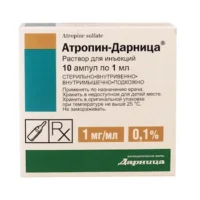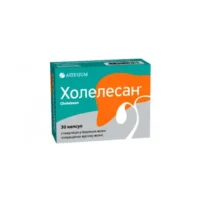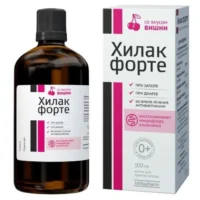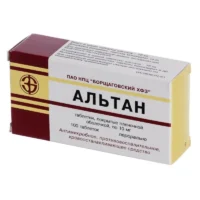Description
Riopan (Magaldrate) Chewable Tablets 800 mg. №20
Ingredients:
- Each chewable tablet contains 800 mg of magaldrate.
Dosage:
- The recommended dosage is 1-2 tablets to be chewed thoroughly after meals and at bedtime, or as directed by a healthcare professional.
Indications:
- Riopan chewable tablets are indicated for the relief of symptoms associated with heartburn, acid indigestion, and upset stomach.
Contraindications:
- Do not use Riopan tablets if you are allergic to any of the ingredients. Consult a doctor before use if you have kidney problems.
Directions:
- Chew the tablets thoroughly before swallowing. Do not exceed the recommended dosage.
Scientific Evidence:
Magaldrate, the active ingredient in Riopan chewable tablets, works by neutralizing excess stomach acid, providing quick relief from symptoms of acidity and indigestion. Studies have shown that magaldrate is effective in reducing gastric acidity and improving symptoms of dyspepsia.
Additional Information:
- Riopan chewable tablets are well-tolerated and offer rapid relief from acid-related stomach discomfort. It is a convenient option for on-the-go relief and can be used by adults and children above 12 years of age.
- Research has demonstrated the efficacy of magaldrate in managing symptoms of gastroesophageal reflux disease (GERD) and peptic ulcers. Its mode of action in neutralizing acid makes it a valuable treatment option for individuals experiencing acid-related gastrointestinal issues.





